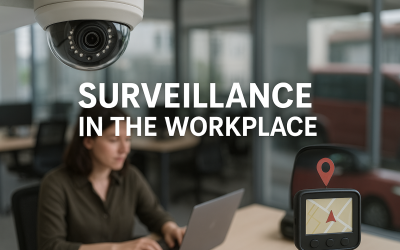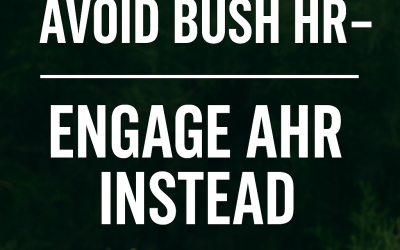Think You’re Safe Paying Above the Award? Think Again

When business gets busy and your workers are putting in the effort, it’s common for employers to offer a salary that’s “above award” as a way to attract and retain talent. Furthermore, it’s often seen as a way to simplify pay—no more calculating penalty rates, overtime, or allowances or dealing with different award clauses. Just one agreed figure, paid regularly. But here’s the catch: paying above the award doesn’t automatically protect you from significant underpayment claims Australia. Consequently, many employers face unexpected liabilities despite their best intentions.
At AHR, we see this issue regularly when helping businesses structure salary agreements. Many employers assume that if the salary is a decent amount higher than the award, they’re in the clear. Unfortunately, that’s not how the system works.
Modern Awards & the BOOT: It’s Not a “Set and Forget”
The Better Off Overall Test (BOOT) is a key concept in Australia’s industrial relations system. It means that an employee must be better off overall under an individual arrangement (like a salary or enterprise agreement) than they would be under the relevant modern award.
When we’re creating or reviewing salaries, especially for roles covered by awards that allow for a salary loading in lieu of overtime, penalties, or allowances, we always conduct a BOOT assessment. Why? Because a salary that may be fair today might not stack up tomorrow if work patterns or role expectations change.
Think about:
- Increased weekend or evening shifts
- Higher workloads leading to unpaid overtime
- Additional responsibilities not reflected in the original salary
- Seasonal changes in demand affecting hours worked
If those changes occur (and they often do in SMEs), your employee might suddenly be worse off overall, even if they’re on a “generous” salary.
Common Risk: Salaries Leading to Underpayment Claims
Here’s a common situation we see:
- An employee is offered a salary that’s $10,000 above the award.
- The employer believes this covers everything—overtime, weekends, and allowances.
- Business picks up, and the employee starts doing longer hours, weekend shifts, and more complex tasks.
- Months later, a BOOT analysis shows the employee would’ve earned more under strict award application—triggering an underpayment liability for the employer.
This is where things get tricky. Backpay calculations can stretch back years and include not just underpaid wages but also leave loading, superannuation, interest, and penalties. If the Fair Work Ombudsman gets involved, things can escalate quickly.
How AHR Can Help
We specialise in helping businesses navigate this exact issue. Our team can:
- Assess existing salary arrangements against the applicable award
- Perform a BOOT analysis to ensure compliance
- Draft clear salary agreements with defined clauses about what’s included (and what isn’t)
- Regularly review pay structures when roles or business needs change
We also offer advice around award provisions that allow loaded rates, including how to structure those properly and document them effectively.
Don’t Wait for a Claim—Get Ahead of It
The Fair Work system doesn’t reward good intentions—it works on evidence and outcomes. Even if both you and your worker agreed on the salary in good faith, if the numbers don’t stack up under a BOOT, you’re still liable. Proactive reviews are the best defence against costly underpayment claims Australia.
We recommend businesses conduct a BOOT analysis:
- Before offering a salary-based role
- Annually, as part of your payroll review
- Any time role expectations change—like working hours, duties, or responsibilities
Need help getting this right?
AHR is here to help you get clarity, stay compliant, and avoid expensive mistakes. Contact us today to book a salary structure review or BOOT assessment—and take one more worry off your plate.
Because we’re not just HR advisors—we’re your workplace problem solvers.




